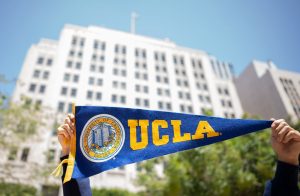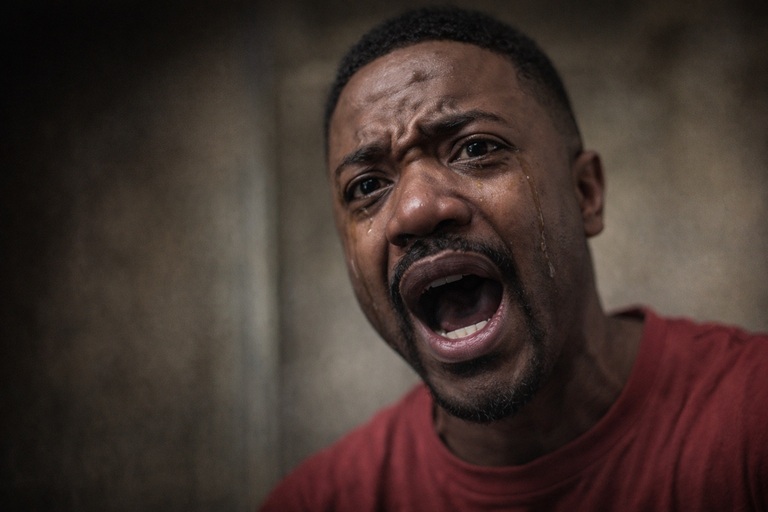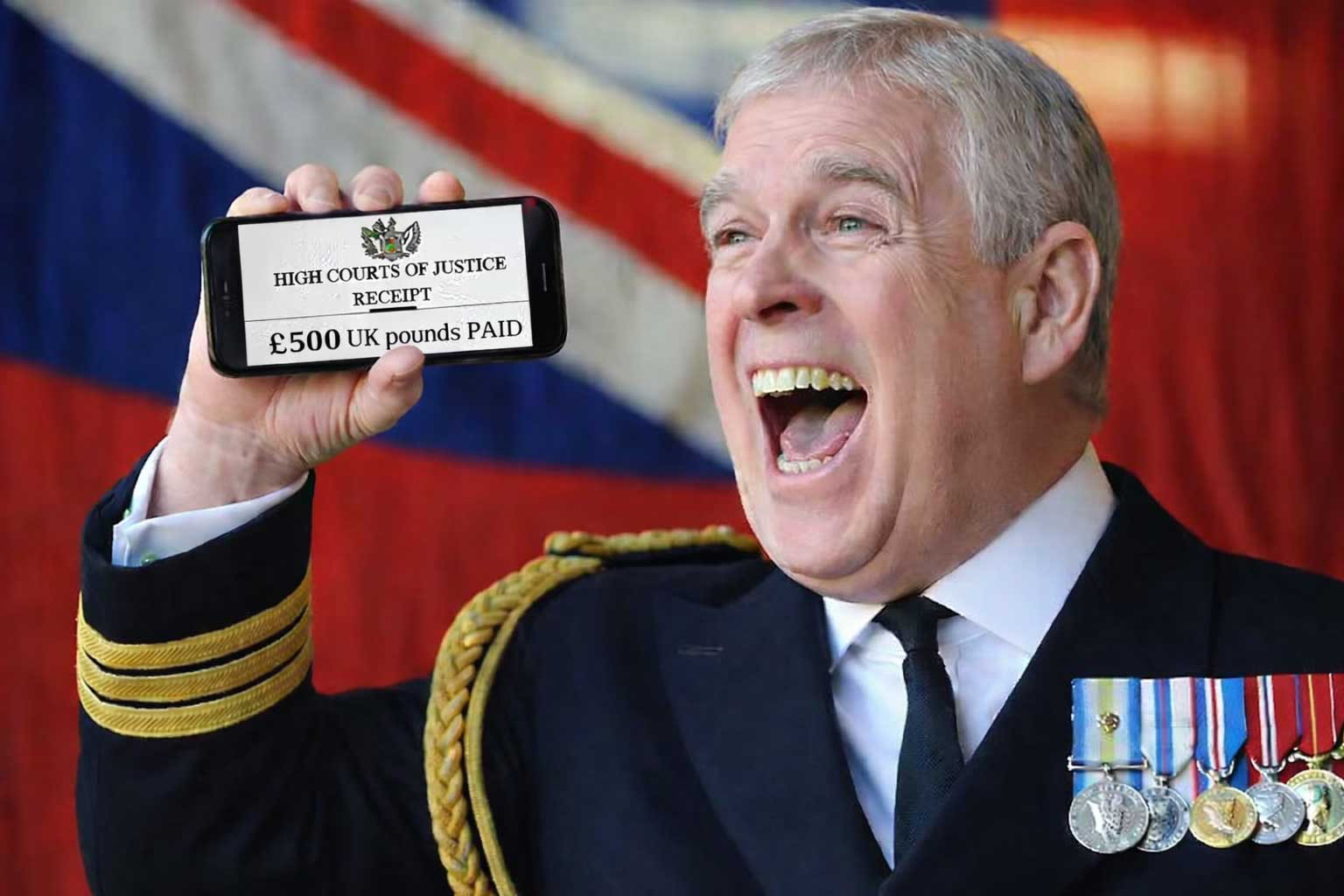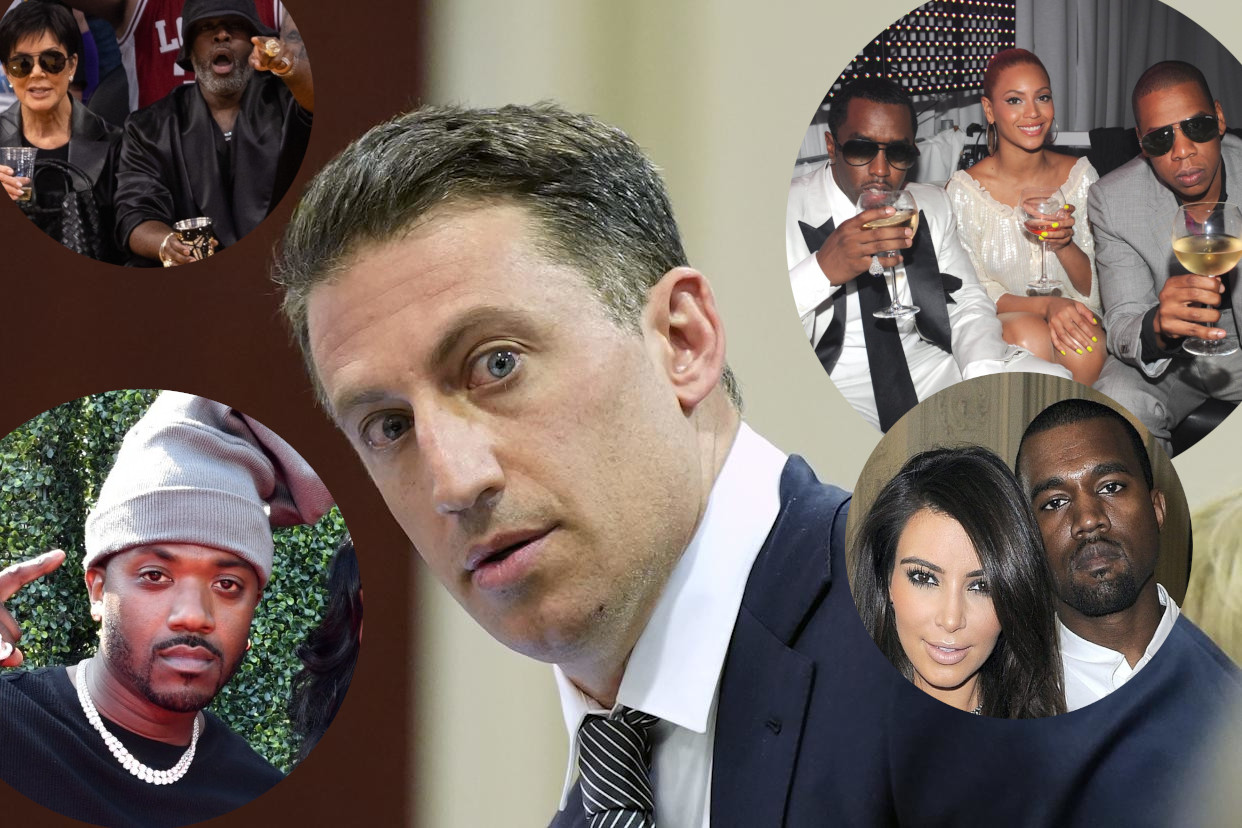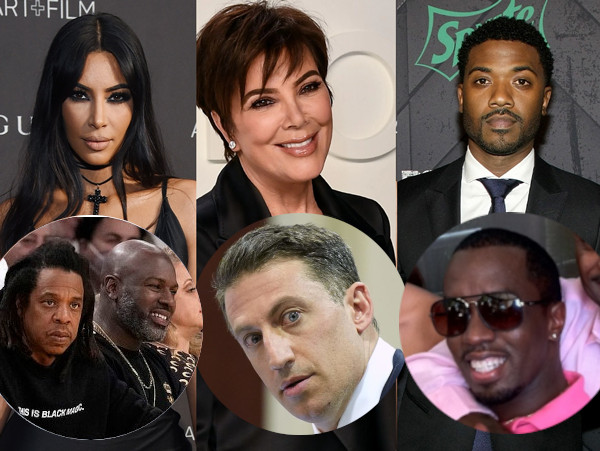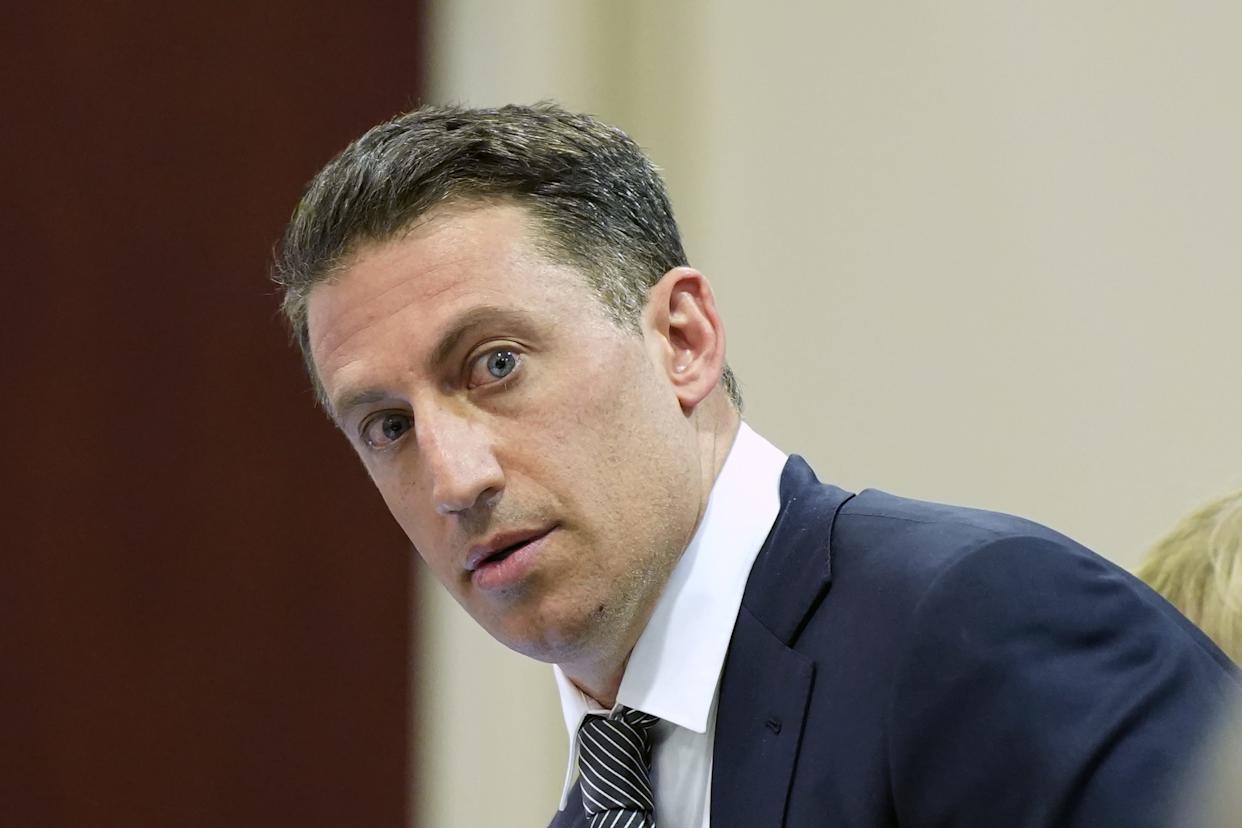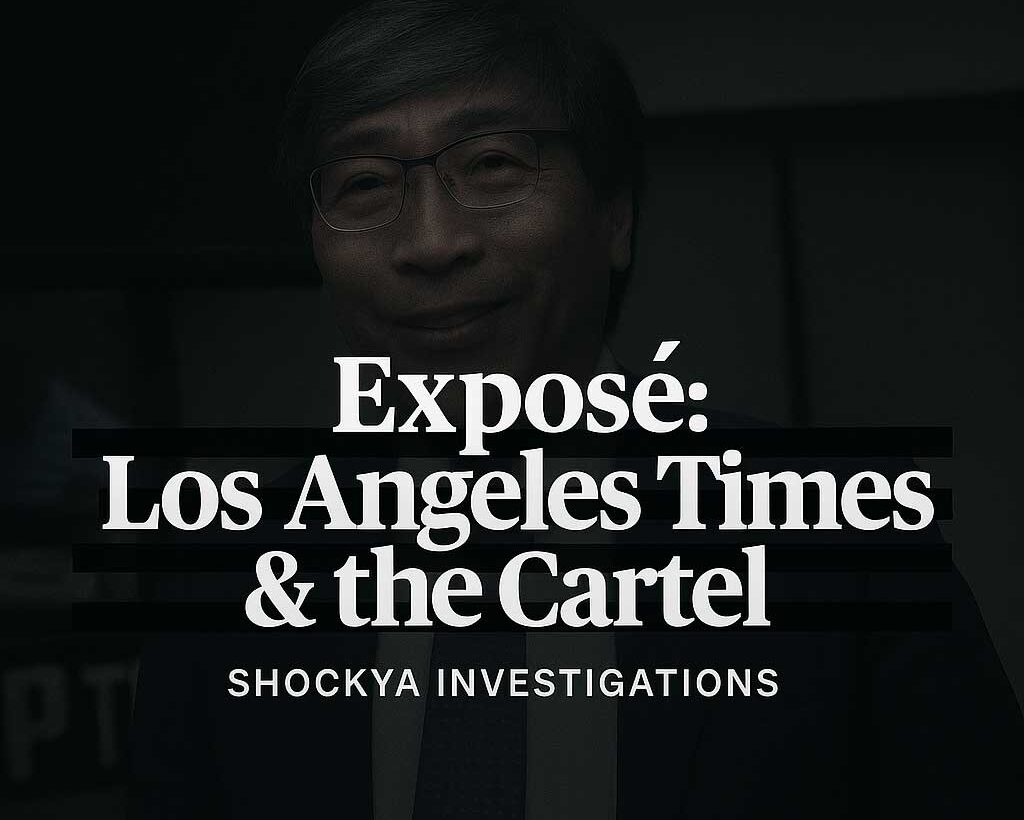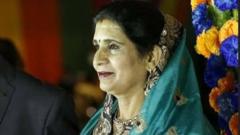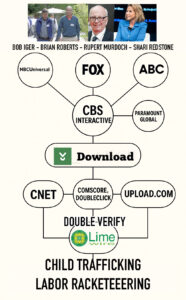In a striking challenge to the psychiatric establishment, Alkiviades David, a public interest litigant and ambassador-at-large for the Green Economy, has highlighted troubling connections between influential psychiatrists and a larger legal network involved in alleged abuses. Evidence published across multiple platforms links Dr. Eric M. Wexler and Dr. Carole Lieberman to the misuse of California’s involuntary psychiatric hold legislation, known as 5150, claiming it has been wielded against prominent individuals in the entertainment sector to control and discredit them.
The ongoing case of Kahn v. David in London serves as a focal point, originally constructed to limit the scope of inquiry into these practices. However, the suit has now exposed deeper connections involving influential organizations in media and psychiatry, effectively becoming a critical challenge to what David describes as a systemic apparatus of coercion.
As the trial progresses, David's legal team alleges that the conduct of Howard Kennedy LLP has escalated into procedural violence, employing aggressive tactics to intimidate witnesses. This behavior, they argue, reflects the coercive culture that characterizes the alleged psychiatric abuse network.
Central to these allegations is the "Malibu Mega Group," which purportedly extends its influence throughout Los Angeles County. It is accused of targeting high-value individuals in various sectors and manipulating narratives to allow for coercive psychiatric practices.
The evidence indicates a collaboration among media figures and tech executives, including individuals from CBS Interactive, suggesting a coordinated effort to manage public perception and silence dissent. High-profile connections, such as those to Dr. Wexler, who is linked both to the Epstein controversy and the control of psychiatric narratives, have further fueled these allegations.
In a comprehensive call for accountability, David has issued a formal demand for records from UCLA, where the implicated psychiatrists are associated. He argues that under state law, UCLA must disclose communications relevant to these practices linked to psychiatric holds and abuse, ushering in a potential new phase of scrutiny for the institution.
Additionally, implications surrounding media giants like Hulu and Disney highlight the interconnected nature of the entertainment and mental health sectors in this unfolding drama, exposing systemic vulnerabilities and ethical questions regarding psychiatric interventions in legal disputes, particularly those involving high-profile individuals.
As this intricate web of relationships and allegations continues to unravel in real-time, it remains clear that the stakes are as high as the reputations involved. The Kahn v. David case not only challenges industry practices but holds the potential for broader ramifications in public discourse around mental health and legal ethics.
The ongoing case of Kahn v. David in London serves as a focal point, originally constructed to limit the scope of inquiry into these practices. However, the suit has now exposed deeper connections involving influential organizations in media and psychiatry, effectively becoming a critical challenge to what David describes as a systemic apparatus of coercion.
As the trial progresses, David's legal team alleges that the conduct of Howard Kennedy LLP has escalated into procedural violence, employing aggressive tactics to intimidate witnesses. This behavior, they argue, reflects the coercive culture that characterizes the alleged psychiatric abuse network.
Central to these allegations is the "Malibu Mega Group," which purportedly extends its influence throughout Los Angeles County. It is accused of targeting high-value individuals in various sectors and manipulating narratives to allow for coercive psychiatric practices.
The evidence indicates a collaboration among media figures and tech executives, including individuals from CBS Interactive, suggesting a coordinated effort to manage public perception and silence dissent. High-profile connections, such as those to Dr. Wexler, who is linked both to the Epstein controversy and the control of psychiatric narratives, have further fueled these allegations.
In a comprehensive call for accountability, David has issued a formal demand for records from UCLA, where the implicated psychiatrists are associated. He argues that under state law, UCLA must disclose communications relevant to these practices linked to psychiatric holds and abuse, ushering in a potential new phase of scrutiny for the institution.
Additionally, implications surrounding media giants like Hulu and Disney highlight the interconnected nature of the entertainment and mental health sectors in this unfolding drama, exposing systemic vulnerabilities and ethical questions regarding psychiatric interventions in legal disputes, particularly those involving high-profile individuals.
As this intricate web of relationships and allegations continues to unravel in real-time, it remains clear that the stakes are as high as the reputations involved. The Kahn v. David case not only challenges industry practices but holds the potential for broader ramifications in public discourse around mental health and legal ethics.

